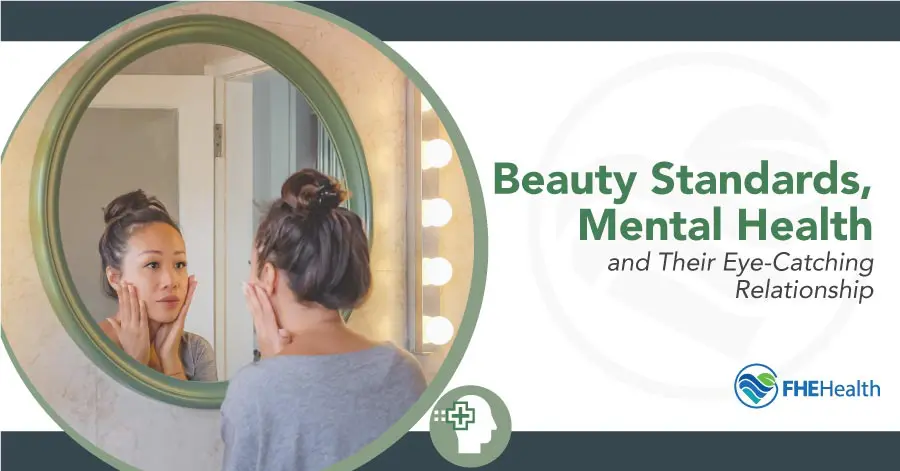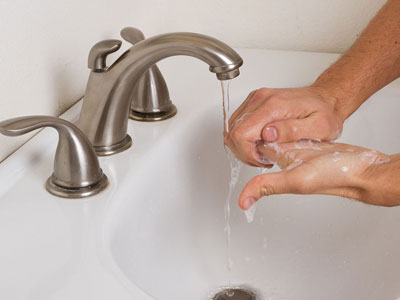
Like most teenagers, Lindsay goes on social media to pass the time when she’s not busy with school or homework. Many of the influencers she follows use filters on photos, and some edit a lot before posting them. When looking at these refined and unrealistic photos, she feels that by comparison, she’s imperfect and flawed in many ways.
Her skin complexion is nothing like what she sees from her idols, and their limbs and waists are far thinner than hers. Not realizing how unrealistic these beauty standards are, or the relationship between beauty standards and mental health, she plunges into a cycle of self-hatred, self-punishment and depression.
To look thinner, she starts extreme dieting and often goes full days without eating. This leaves her tired and unable to focus on schoolwork, and she’s become extremely irritable at home.
Sometimes the hunger becomes so great that she eventually binges on whatever junk food is in the kitchen. She’s then left with overwhelming guilt at what she’s done and makes herself vomit as a way of purging her body. Her overall health has declined, she’s become isolated from her friends and family, and she often looks pale and run-down. Lindsay is just one example of the many people who suffer from eating disorders and depression while trying to meet the unrealistic beauty standards they’re exposed to.
Lindsay’s story, tragically common, shows just how important it is to understand how unrealistic beauty standards can silently diminish mental well-being. According to statistics from the National Eating Disorders Association, 5.2% of females meet the criteria for anorexia nervosa, bulimia nervosa or a binge eating disorder. This article covers what beauty standards are and describes the negative psychological effects of unrealistic beauty standards on people’s lives and mental health.















